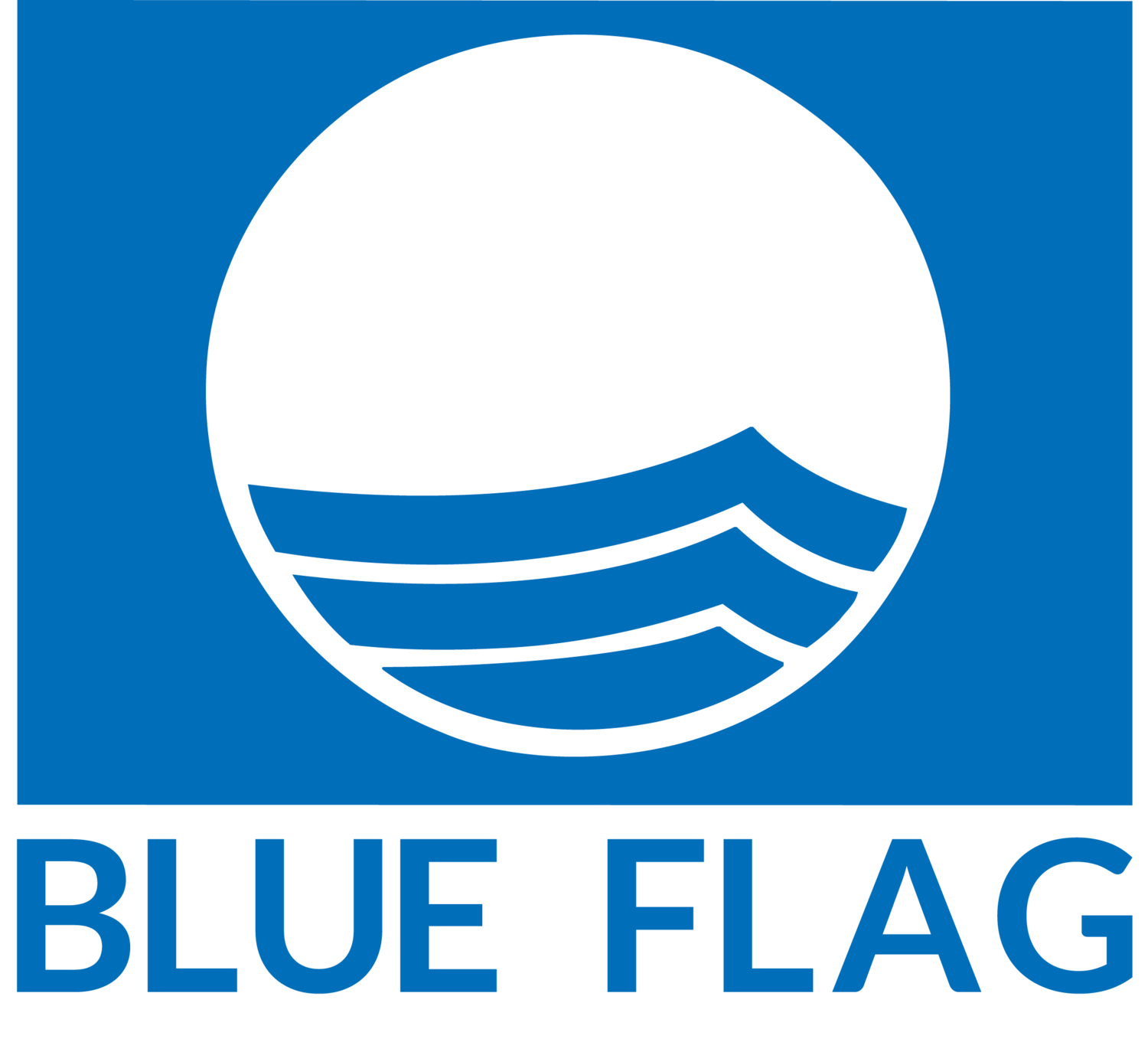Over the last three years, Blue Flag International has worked on the expansion of its award to acknowledge sustainable boating tour operators. The tour operators must offer high quality tourism services with an environmental educational context.
Since its launch in 1985 in France, the Blue Flag programme has continued to grow, not only with regard to the number of member countries and sites involved, but also in its range of expertise within marine and freshwater environments. The steady revision of its criteria, as well as the sharing and promotion of newest best practices make Blue Flag a highly dynamic eco-label that takes new challenges and continuous change seriously.
Blue Flag has decided to take a new step and expand its work to tourism activities beyond the shore. From 2016, tour operators offering boating activities such as diving, nature watching, whale watching, recreational fishing and charter trips can be awarded if they comply with Blue Flag’s strict set of criteria. The criteria concerns environmental education and information, environmental management, safety and services, social responsibility and responsible tourism.
“The Blue Flag programme offers a global standard which boat operators around the world should strive to achieve to help maintain a healthy ocean - for animals and humans alike” states Cynde McInnis, co-chair of the World Cetacean Alliance.
By extending the programme and including sustainable boating tour operators into its network, Blue Flag intends to build on its reputation of being a strong, trustworthy eco-label.
“Marine activities have seen a huge democratisation in the past ten years, and are no longer only the preserve of the elite. However, with the increased use of our resources, comes increased threats and potential damage. We have to measure our impact to ensure these activities are conducted in the most respectful and sustainable manner, and we have to educate the public. Blue Flag offers a perfect framework to achieve these goals. This is therefore a logical expansion of Blue Flag, but also a defining one, as we draw on thirty years of experience to now raise awareness to the wider community,” says Sophie Bachet Granados, International Blue Flag Director. “We want those activities to be as exciting and memorable as ever, whilst being highly sustainable, educational, and safe.”
The criteria include existing Blue Flag standards which have proven to be effective in relation to promoting sustainable practices at beaches and marinas, as well as criteria which are based on different national and international guidelines and legislation for boat-based tourism activities. In addition, tour operators from different regions of the world have been involved in the development process to ensure the feasibility of the criteria worldwide.
“The great thing about the Blue Flag is that we don't have to reinvent the wheel. There may be others out there already thinking along the same lines as we are, and as the challenges we are facing don’t respect borders, cooperation with such a successful international eco-label comes quite naturally,” stated Maria Gunnarsdottir, Secretary and Treasurer of IceWhale, the Icelandic Whale Watching Association.
Relevant stakeholders such as UNEP (United Nations Environmental Programme), UNWTO (United Nations World Tourism Organisation), EUCC (The Coastal and Marine Union), IUCN (International Union for Conservation of Nature), EEA (European Environment Agency), and ICOMIA (International Council of Marine Industry Associations), which work closely with Blue Flag, also gave their feedback and offered their expertise to the working party, in order to ensure the criteria reflect Blue Flag’s excellent standards.
“Oil and chemical spills, sewage and other manmade marine pollution and debris can have terrible effects on the marine environment, including coral reefs, whales and dolphin, which are some of the main tourist attractions nowadays. Equally, discharge of untreated wastewater, poorly maintained sanitary waste systems aboard boats and/or loading of solid waste overboard impact the marine environment” says – Dr Birguy Lamizana, GPA, Coordinator, United Nations Environmental Programme (UNEP) “Thus, boating activities, as exciting as they are, need to give due attention to those issues to avoid any side effects. Who wants to pay to dive if it is only to come across bleached coral reefs? This is the reason why, the GPA (Global Programme of Action for the protection of marine environment from land based activities), is working to address these issues through its three Global partnerships, on wastewater, on nutrients and on marine litter[1]. By raising awareness on environmental education and responsible tourism, the Blue Flag is an important ally, as it helps protect and sustain the marine environment,” she concludes.
The Blue Flag International Jury will be reviewing the first ever sustainable boating tourism operator candidates on 13th April in Copenhagen, Denmark, and the results will be available on Blue Flag’s International website on 25th May 2016.
The detailed criteria and award process is available on Blue Flag’s website (www.blueflag.global)
[1] Global Wastewater Initiative (GW2I), Global Partnership on Nutrient Management (GPNM) and Global Partnership of Marine Litter (GPML).

